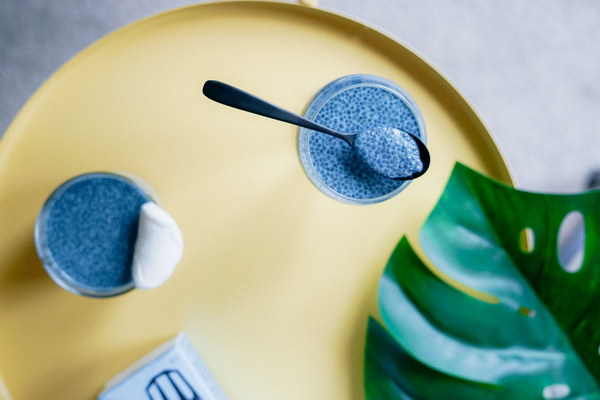Liver Protection in Lung Cancer Chemotherapy Understanding the Role of Hepatoprotective Drugs
Lung cancer is one of the most common and deadly forms of cancer worldwide. The standard treatment for lung cancer includes surgery, chemotherapy, and radiation therapy. Among these treatments, chemotherapy is widely used due to its effectiveness in destroying cancer cells. However, chemotherapy also comes with a host of side effects, one of which is liver damage. This article aims to discuss the importance of hepatoprotective drugs in lung cancer chemotherapy and their role in protecting the liver.
Chemotherapy works by targeting rapidly dividing cells, which includes cancer cells as well as healthy cells. Among these healthy cells, liver cells are particularly vulnerable to chemotherapy-induced damage. The liver plays a crucial role in filtering toxins from the blood, metabolizing drugs, and producing essential proteins. When liver cells are damaged, the liver's ability to perform these functions is compromised, leading to liver dysfunction and, in severe cases, liver failure.
Hepatoprotective drugs are designed to safeguard the liver from the toxic effects of chemotherapy. These drugs work by either directly protecting liver cells or by enhancing their repair mechanisms. The following are some of the commonly used hepatoprotective drugs in lung cancer chemotherapy:
1. S-adenosylmethionine (SAMe): SAMe is a naturally occurring compound in the body that plays a vital role in liver detoxification and regeneration. It has been found to improve liver function and reduce liver damage in patients undergoing chemotherapy.
2. Ursodeoxycholic acid (UDCA): UDCA is a bile acid that has been shown to have protective effects on liver cells. It helps in reducing inflammation and improving liver function in patients with chemotherapy-induced liver damage.
3. N-acetylcysteine (NAC): NAC is a precursor to the amino acid cysteine, which is essential for the production of glutathione, a powerful antioxidant. NAC has been found to protect liver cells from oxidative stress and reduce liver damage in patients undergoing chemotherapy.
4. Curcumin: Curcumin is a compound found in the spice turmeric. It has antioxidant, anti-inflammatory, and anti-cancer properties. Curcumin has been shown to protect liver cells from chemotherapy-induced damage and improve liver function in patients with lung cancer.
5. Milk thistle: Milk thistle is a herbal supplement that contains a compound called silymarin. Silymarin has been found to have hepatoprotective effects, reducing liver damage and improving liver function in patients with chemotherapy-induced liver injury.

The use of hepatoprotective drugs in lung cancer chemotherapy is a topic of ongoing research. While some studies have shown promising results, others have not. It is important to note that the effectiveness of these drugs may vary depending on the individual patient's condition, the type of chemotherapy being used, and the stage of the cancer.
In conclusion, hepatoprotective drugs play a crucial role in protecting the liver from the toxic effects of chemotherapy in lung cancer patients. These drugs work by reducing liver damage, improving liver function, and enhancing the overall quality of life for patients. As research continues to evolve, it is hoped that better strategies for the use of hepatoprotective drugs in lung cancer chemotherapy will be developed, leading to improved outcomes for patients.









